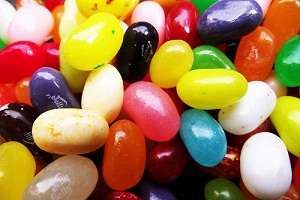No benefits ensue from snack learning

A recent experiment involving University of Western Australia students suggests snacking while studying does not improve academic performance.
The study also found students in a controlled learning environment had less control over their ability to control the impulse to snack.
Three groups were observed; students in an autonomous learning environment with provision of snacks, and students in a controlled learning environment both with and without the provision of snacks.
UWA Associate Professor James Dimmock says the human brain can be thought of as having a pool of self-control resources.
"You can take out all the resources to a point where the pool runs dry in which case you no longer have any resources for self-control and are unable to resist a temptation," he says.
"So, the idea of the study was to determine whether learning climate conditions have an effect on the way we might snack and on our ego-depletion—the level of self control that we have."
He says people think the brain uses more energy fighting self-instinct and that this energy can be replenished through the consumption of sugary foods.
"So we provided jellybeans—we wanted to see whether people in what we thought would be a more ego-depleting situation would eat more sugary foods," he says.
"The people in the controlled learning condition ate more sugary foods than the people in the autonomous learning condition."
He says participating students were also subjected to a secondary ego-depletion task to determine the relative self-control resources used.
"Our task at the end was called an e-hunt [where students] had to cross off every letter 'e' in a reading but only after some conditions so not, for instance, following the letter 'c'," he says.
"It's mentally taxing; you can make mistakes pretty easily."
The students in the controlled learning environment performed poorly in the e-hunt task, regardless of sugar intake.
"We didn't find support for the notion that sugar helps us to top up this self-regulatory resource that we have," he says.
"The overall message is that snacking on high-sugar food is not good from any perspective."
















